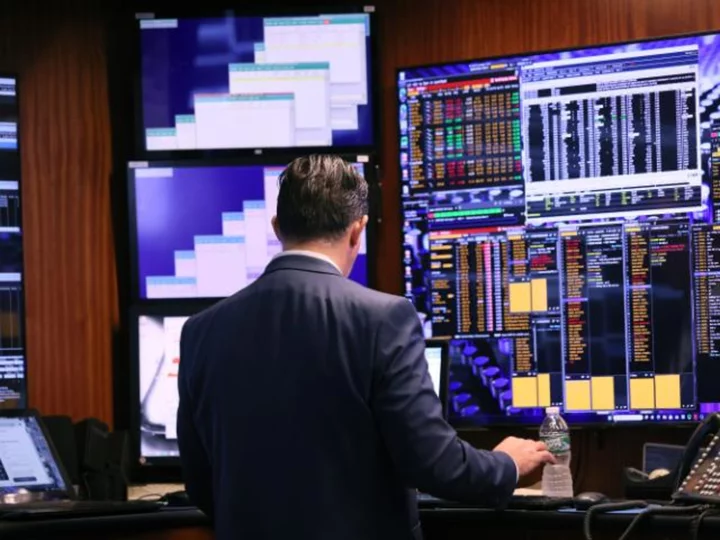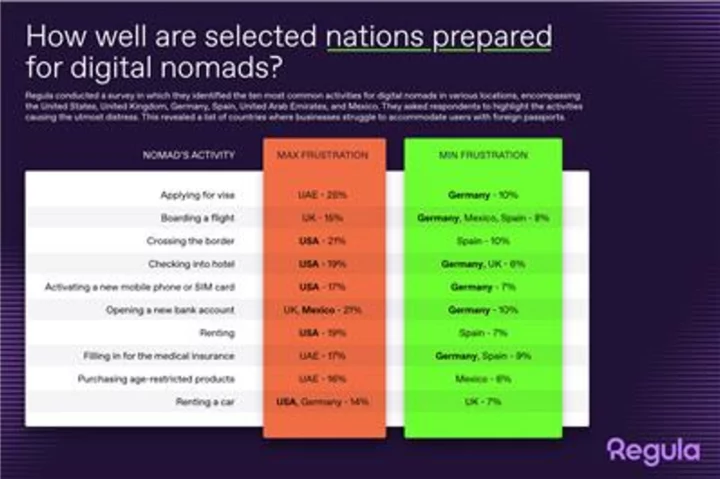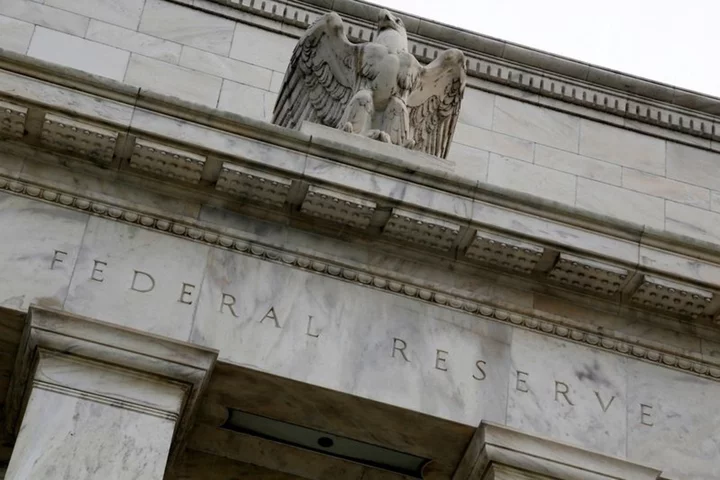October is known to be a spooky month and stocks don't have a good track record of getting spared.
Black Tuesday, the 1929 market plunge that led to the Great Depression, 1987's Black Monday and the beginnings of the 2008 financial crisis all took place in October, as my colleague Nicole Goodkind pointed out.
And just five days into the month, it's already shaping up to be pretty chilling. Proceed with caution before looking at your 401(k). You've been warned.
The good news
Thursday was a pretty boring day for stocks with the S&P 500, the Dow and Nasdaq all closing down by under 0.2%.
The bad news
Stocks are going through a bit of a rough patch. Over the past five trading days, the Dow has shed more than 760 points, or 2%. This week's declines have pushed the index back into negative territory for the year.
What's driving the action:
Bonds have been casting some pretty nasty spells over stocks lately.
Stocks often struggle when government bond yields are elevated, since it means investors can get high returns on less risky assets. And boy are bond yields elevated.
The last time yields on 10-year US Treasury notes (a type of bond), were this high was right before the Great Recession... Spoooooky.
A brief intermission...
If the word yield is scary to you, allow me to briefly explain.
Essentially, Treasury notes are IOUs to the government. And in exchange for loaning the government money, you get paid a bit of interest. The interest you earn is the yield.
But here's the kicker: As the price of bonds go up when lots of people buy them, yields go down. By contrast, when the price of bonds go down because lots of people are selling them, yields go up.
When official interest rates rise so do investors' expectations for returns on bonds, known as yields. This creates an incentive for investors to sell the bonds they currently hold and buy newly issued ones that offer higher interest payments.
Back to the program
When official interest rates rise, which is what's happened over the past year and a half, so do investors' expectations for returns on bonds. This creates an incentive for investors to sell the bonds they currently hold and buy newly issued ones that offer higher interest payments,
Investors have come to believe that the Federal Reserve will keep rates higher for longer than they had anticipated when the central bank began this whole schtick last March.
At the same time, the government keeps needing more money to finance its spending. That's prompting it to issue more bonds, pushing prices down.









